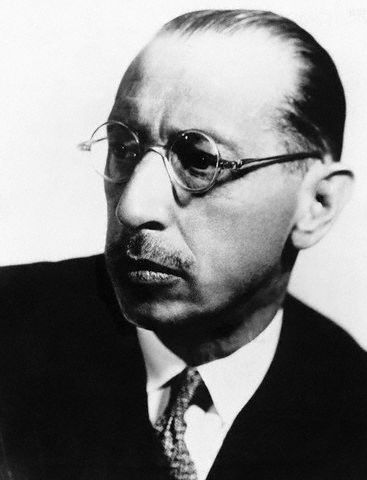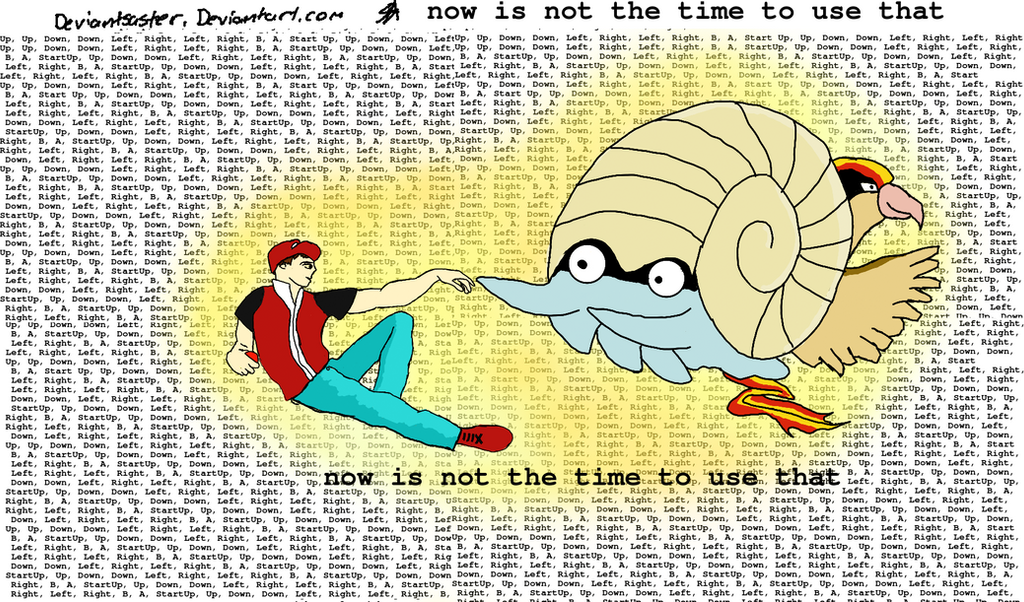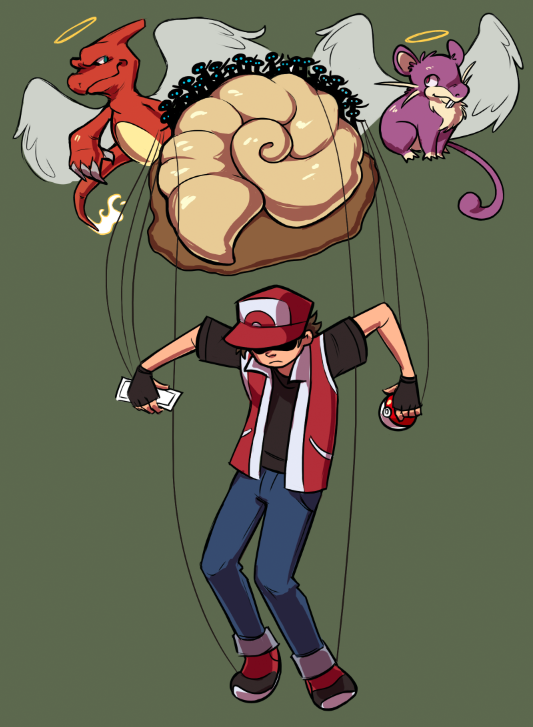Not soldier but sage,
Consequences of words,
That millions have heard:
The deadly pen.
Towards the
end of this school year I was approached by a member of the staff of Bryan College
who was in charge of the international affairs of the school. Having lectured in one of my international
relations classes a week or so earlier, he wanted to know if, based on my
knowledge of international politics, I would be interested in going to Austria
for an internship there with the Red Cross.
From the start I was skeptical about going overseas, as money has always
been an issue for me. I live on a
summer-to-semester type lifestyle, spending everything I earn during the summer
on school. However, I felt as if I was
at a point in my life where I needed something drastic to change my perspective
on where I am, what I believe, and where I am going, so I told him I would go,
even though my bank account had less than $100 in it at the time, and the
flight alone was going to cost a minimum of $1,500. I had a little over a month to find $2,000,
but I had to say yes or no up front.
In total faith, I said yes.
Now here I
am, nearly three months after that large personal leap of faith, sitting on a
small bed in a Red Cross station in Neusiedl, Austria, having completed most of
my project work. Did this “simple
project” change my perspective on where I am, what I believe, and where I am
going? Absolutely. And it also changed how I view the condition
of the world. How could I not write about it?
I have been
told that the spiritual state of Europe is drastically different than that of
the US. I admit that America isn’t exactly
in a spiritually healthy state – far from it – but I had no idea how radical
the difference actually was.
Having “officially”
finished Visions of Vocation by
Steven Garber about a week ago (I don’t count a book as finished until I’ve
read the epilogue, acknowledgements, etc.), I came across a quote near the end
that I hadn’t ever considered, and it spurred a train of thought that
manifested itself in several circumstances throughout the next week that I find
extremely insightful into the European way of life.
To say it very plainly, over the next
century and a half, scores of millions lost their lives because of the
misreading of the human condition and history at the heart of Marx’s critique,
and the world as we know it has been radically and wretchedly affected by his
misunderstanding the nature of vocation and therefore occupation, of what life
is about and therefore what our lives are about. In the early twenty-first century, there is
almost global acknowledgment of this truth.
-Steven Garber
Marx himself
never advocated violence as a means of accomplishing his visions, but still,
his work was misinterpreted on such an enormous scale that literally millions
of people lost their lives. Marx’s pen
was one of the most deadly instruments in all of history. Words have consequences that are much more
far-reaching than any of us could ever imagine.
They affect our way of living on such a grand scale that entire cultures
will pattern their lives after the words of just one man. It has always been this way. Every great nation to rise and fall has seen
a great artist rise up from its glory or ashes, and thereafter shaped the way
that nation has progressed, and such artists of eloquence are inevitable. Marx was one of the last, but there is a new
culture rising. Who will be next? What will the words be that shape the coming
generations?
I have
always been one to consider deeper questions about life, especially after I
joined a speech and debate team. The
question “Why?” is one that I am very interested in, but for a long time, it
was just a matter of intellectualism. I
wanted to ask “Why?” until I understood the theological implications of any
belief, because, at the very root, even if it is buried very deep, every human
being has some theological view. That
question used to be one for debate and argument, but after being in Austria for
some time, my perspective on that one simple word has drastically changed.
When one of
my gracious Austrian friends heard that I was soon to finish my last book I had
brought with me, Visions of Vocation,
they generously brought me a whole stack of English books they had used to
learn English earlier in life. Gulliver’s Travels and Treasure Island were among the pile, as
was the book The World Without Us, by
Alan Weisman. Being intrigued by the
title and the short description on the back of the book, I started reading. From the beginning, it was obvious to me what
Weisman believes: we are the result of a huge cosmic accident. Somehow the evolutionary chain altered 3.9%
of our DNA, slightly altering us from chimpanzees. The entire book wrestles with the question of
whether or not the world will miss us once humanity is inevitably
obliterated. “Is it possible that,
instead of heaving a huge biological sigh of relief, the world without us would
miss us?” This question, whether Mr.
Weisman intended it to be or not, is inherently one that rings deeply of a
search for Purpose. It is a question
that asks “Why are we here?” and “will anyone care once we’re gone?”
With Weisman’s
philosophical questions still ringing in my ears, I set off for volunteer duty
at a local festival in Gols, Austria. My
only job there was to collect monetary donations for the Red Cross at the
entrance of the festival, and so for four hours I got to do one of the things I
love best: people watch. I saw all sorts
of people, as one is apt to do at any festival, but one young man stands out in
my memory. He couldn’t have been any
older than 16, and he was wearing a plain blue t-shirt that, on the front, said
in big, white, capital letters, “WHO AM I?”
I’m not sure he spoke English, and so I’m not certain that he even
understood what his shirt said, but in my mind, that made the entire scenario even
more heart-wrenching. At our very core
as humans, even if we are totally unaware of it, we are programmed to ask and to wonder: who am I? Why am I here?
The next
day, I was brought by the President of the Burgenland Red Cross to the national
headquarters of the Red Cross in Vienna.
Another student from Bryan joined me, and both of us considered the day
a time for our superior, the President, to show us off to his superior: the
General Secretary of the Austrian Red Cross.
The meeting went well, from what we saw, and after we were finished, the
President showed us into a room that housed the Director of International
Affairs for the Red Cross, as a special favor to us, as both of us are
interested in International work of some kind.
The Director had prepared for us a 45 minute presentation on his work,
and towards the end, he gave us the opportunity for questions. At this point, after reading and seeing the
things I had, I knew that very few people in Austria take religion –
specifically Christianity – seriously.
Almost always there is only one church, usually Catholic, per town. There might be one Protestant church for
every five towns, and attending the after-church social at the local coffee
shop is nearly more important than actually attending the service itself; I
know because I experienced it. With
these facts swirling around in my head, I asked the Director of International
Affairs, “Why? Why do you do this?” The fact that many of the staff at the
Austrian Red Cross volunteer countless hours was not lost on me; there had to be a reason that was more
insightful than “helping people feels good.”
I was not disappointed.
The Director
told me that religious help had always angered him. He told me that he had traveled all over the
world – to India, Africa, Haiti, and many other impoverished areas, and he told
me that seeing people live in squalor made him want to do something about it. He could work elsewhere, but always those
people were in his mind. It was at this
point that the President spoke up. “You
see boys,” he said, “I have volunteered at the Red Cross for forty years not
necessarily because it is always fun. I
don’t need to work at the Red Cross because I have another job that supports
me. I need to work at the Red Cross
because it gives my life some sort of purpose.”
That is all he said. The Director
nodded in silent agreement, and then turned the conversation elsewhere, as if
my question of Why was something that he perhaps thinks about every now and
then, but isn’t totally reconciled with his answer.
During my
stay in Austria, I made many new wonderful friends. I love my new friends so much, but I also
ache for them. Many of the young men my
age who work in Jennersdorf will do what they are doing for the rest of their
lives: work as grocery men for money, volunteer at the Red Cross to fulfill
civil service and feel as if they have some sort of Purpose, receive a pension,
free healthcare, and a free education, get married, and live their lives just
as countless people before them have lived their lives. To some degree, this simple life is a
relaxing one, but even being here just one month, my mind constantly screams at
me: BUT WHY? Why do you do what you do? Do you only live, work, and die? What is it that gives your life Purpose? Why will your life matter once you are dead?
The
Austrians and Germans have a great respect for Rainer Maria Rilke. His work is often read at celebrations, and
no wonder. He asks and provides obscure
answers to questions that people wonder about but do not vocalize. “…be patient toward all that is unsolved in
your heart and to try to love the questions
themselves like locked rooms and like books that are written in a very
foreign tongue. Live the questions now.
Perhaps you will then gradually, without noticing it, live along some
distant day into the answer.” What a sad
way to live. Why live your life hoping that you will one day stumble
across the Answer to Why? That is the
beauty of the world we live in. There is
an Answer.
There are
two options for our life. 1) We live, we
work, and we die. There is nothing else
to life; we are merely a cosmic accident that has no Purpose to pursue. No vision to our vocation. If this is the true option, then dear reader,
I urge you to logically live: party hard, for tomorrow we die. This isn’t true only in Europe. Today, one of my favorite actors, Robin
Williams, committed suicide. He was
depressed beyond all logic because he believed his life had no purpose. But something deep inside of me and inside of
you screams to us that there is more to life than that. Why else do we search? Why else do we long for more? 2) There is an Answer that desperately needs
to be found. Now. Not one that can be gradually lived into, for
our lives are but a breath: here today and gone tomorrow. Your life needs a Purpose, and it can have
one that reaches even beyond the grave.
Each
generation has an artist of eloquence that shapes the way our culture
progresses. Marx’s pen was one of the
deadliest weapons our world has ever seen.
His position of power is just waiting to be filled, and honestly, there
are millions of aspiring authors who would love to fill it. It will
be filled by someone; it is inevitable.
I would be lying if I said I do not want my words to have the same
weight and power as Marx’s did, but I would also be lying if I told you that my words are the Answer. The wonderful thing is that the true Artist
of Eloquence has been among us for as long as we have existed. There is much greater Purpose waiting for you
than volunteering for an organization.
There is answer to Who you are and Why you are here, and if you honestly
and actively search for it, it will find you.
So perhaps, dear reader, you have gained a small amount of
knowledge in the last few minutes.
Knowing what you know, what are you going to do?


















